Resolution #440
 |
The question of fuel and energy affordability in Small Island Developing States (SIDs). |
| Committee: ECOSOC | |
| Main Submitter: USA | |
| Submitted: 14/02/2025 21:21 |
| Status |
|---|
| Passed cosubmitter sheet validation |
| Approved by approval panel |
| Selected for debate by secretariat |
| Passed by committee (ECOSOC) |
Committee Voting
| For: | 25 |
| Against: | 1 |
| Abstentions: | 0 |
Options
Co-submitters
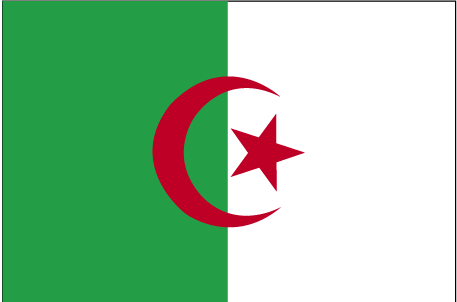 | Algeria |
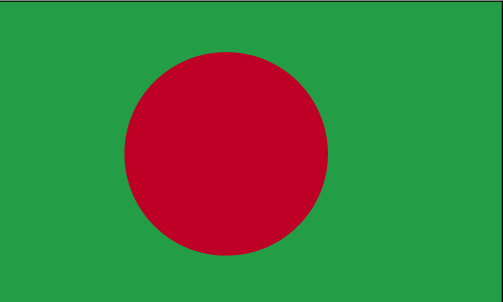 | Bangladesh |
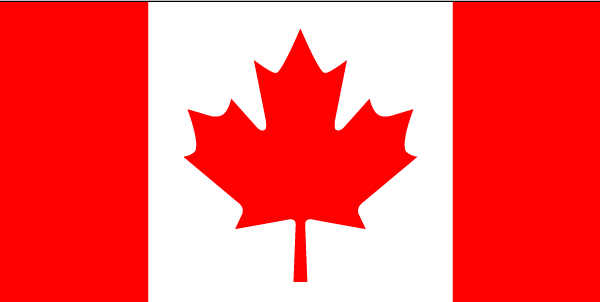 | Canada |
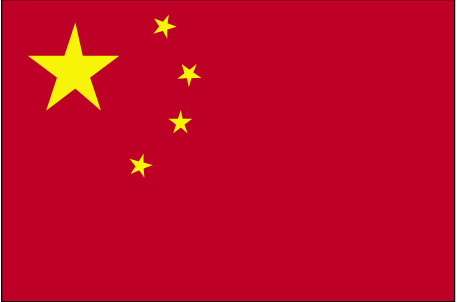 | China |
 | Côte D'Ivoire |
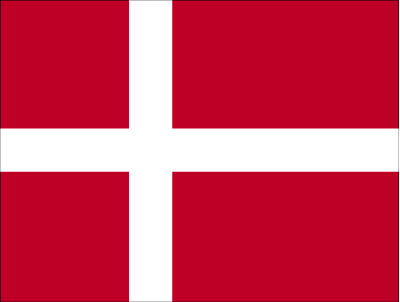 | Denmark |
 | Finland |
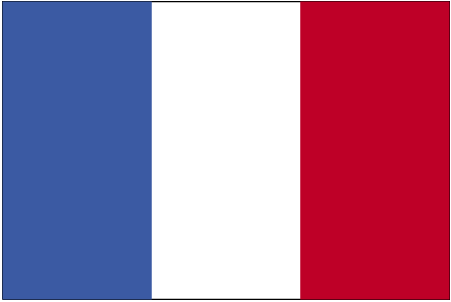 | France |
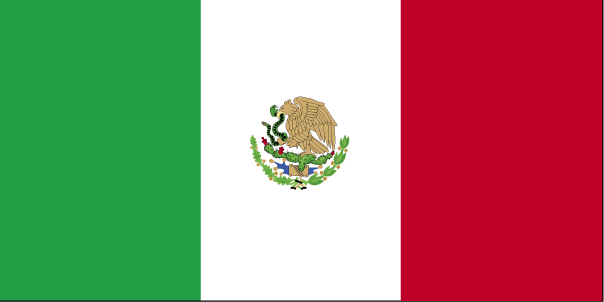 | Mexico |
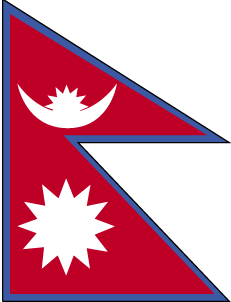 | Nepal |
 | Pakistan |
 | Qatar |
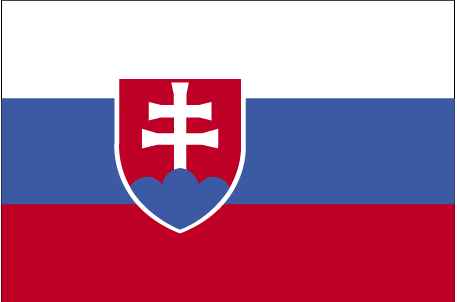 | Slovakia |
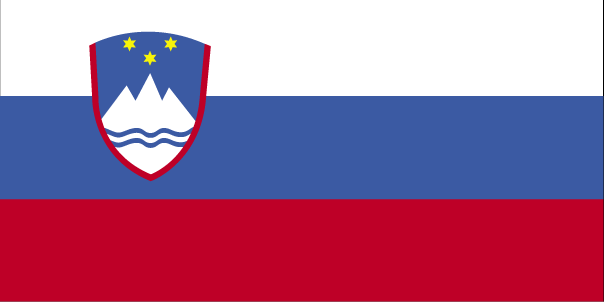 | Slovenia |
Resolution
FORUM: The Economic and Social Council (ECOSOC)
QUESTION OF: Fuel and Energy Affordability in Small Island Developing States (SIDS)
SUBMITTED BY: the United States of America (U.S.A.)
CO-SUBMITTED BY: Algeria, Bangladesh, Canada, China, Denmark, Finland, France, Ivory Coast, Nepal, Pakistan, Slovakia, Slovenia, Mexico, Qatar, U.K.,
THE ECONOMIC AND SOCIAL COUNCIL,
Emphasizing that the SAMOA Pathway recognizes the economic vulnerability of SIDs in dealing with energy costs due to their exposure to the increasingly unstable market,
Welcoming the establishment of the three Centers for Renewable Energy and Energy Efficiency, based in each of the 3 Small Island Developing State (SIDS) regions of the Pacific (PCREEE), the Caribbean (CCREEE), and Africa (ECREEE), who work in conjunction with SIDS DOCK,
1) Calls for the creation of a United Nations (UN) sub-body, called UN Island Energy (UNIE), to work in conjunction with other relevant organizations such as the UN Development Programme (UNDP), the UN Office of the High Representative for Small Island Developing States, the UN Environment Programme (UNEP), UN-HABITAT, UN Office for Project Services (UNOPS), ECOSOC, the International Renewable Energy Agency (IRENA), SIDS DOCK, and all other relevant organizations, to, with the help of the SIDS-FUND established in Clause 2, do the following, but not limited to:
a) Oversee the implementation of all clauses of this resolution
b) Help in supporting national lawmakers, as well as Regional Energy Alliances in effective policymaking and negotiations on the topic, whether that relates to the following but not limited to:
i) Improving the accessibility of renewable electrical energy for businesses and households
ii) Improving the efficiency of non-renewable and renewable energy plants in these countries
iii) Ensuring that all energy infrastructure can withstand frequent natural disaster
iv) Implementing regulations for homes, businesses, and governmental structures such as but not limited to insulation, thermal resistance, and air sealing measures that are regulated by mandatory regular reports,
c) Create an annual report for each SIDS, to be presented to the UN Secretary-General, on issues and progress on this issue in that member state
d) Join with the UN Sustainable Development Group in organizing the SIDS Conference, improving on past conferences by:
i) Inviting representatives from the Private Sector to engage in dialogue with these SIDS in order to reach Private-Public Partnership agreements on topics such as energy, with the help of the Green Climate Fund,
ii) Using the conference as a platform for knowledge sharing between SIDS, as they have a unique understanding of their common problems
iii) Ensuring that this conference is held biannually, rather than irregularly
e) Conduct a mass media campaign on this issue in all UN Member States;
2) Recommends the creation of a sub-fund of the Green Climate Fund, called the SIDS-Fund, to be overseen by the World Bank, to work closely with the National Government, NGOs, organizations and UNIE to help support the creation of Renewable Energy Projects in SIDS, to create energy-independence, by:
a) incentivizing Private Energy Companies to invest in SIDS, as well as engage in dialogue with SIDS at the SIDS Conference by such as but not limited to tax incentives, or revenue-sharing models
b) investing in Research and Development on innovative solutions to the issue by collaborating with IRENA and the World Trade Organisation, that cut cost, increase energy efficiency and production, or/and disaster-proof essential energy infrastructure, modernising shipping practices and routes, by using a newly established ambassadors program:
i) to send individuals selected by the its advisory board from SIDS to consenting developed states that pioneer in renewable and cost-effective energy research to join them for 1 to 5 years
ii) which will work in collaboration with consenting local universities and institutions to select the ambassadors and continue the projects of the ambassadors
c) Supporting capacity building programs for people wishing to upskill in the renewable energy sector in SIDS, to ensure that there is a highly-skilled workforce to ensure the maintenance of any newly created Renewable Energy Projects in these Island States to ensure long-term sustainability
d) Providing grants, loans, and other cost cutting measures to SIDS as well as the Alliance of Small Island States (AOSIS) wishing to purchase energy, to ensure that costs remain low for these imports and that SIDS receive assistance in purchasing this energy;
3) Encourages SIDS to become involved in the Carbon Credit Trading system, with the help of UNIE and the SIDS-Fund, to make use of their low-emissions, and to reinvest this into renewable energy projects;
4) Supports the establishment of Regional Energy Alliances, similar to CCREEE, by fostering further integration in terms of grid-sharing, trade policy, unified renewable energy investment strategies, and create regional resilience plans as SIDs are particularly vulnerable to climate-related extreme events and financial crises;
5) Further encourages SIDS to collaborate with Private Energy and Seabed Exploration Companies, to make use of and explore their Exclusive Economic Zones, with support from the World Bank as well as the International Monetary Fund (IMF), helped stay in accordance with the Chicago Convention on the Laws of the Sea by the UN Office for the Law of the Sea, and with assistance from UNEP, the International Seabed Authority (ISA), International Maritime Organisation (IMO), UNIE, and all other relevant organisations;
6) Further Asks that all clauses of this resolution are implemented by 2028.
7. Further encourages Public-Private Partnership (PPP) between UN bodies, the UNIE, Member Nations and private companies, with partnerships being led by Member Nations to prevent abuse of partnerships by private corporations with the aim of:
a. ensuring SIDS have adequate access to energy, prioritising sustainable energy through partnerships between Member Nations and private companies through means such as investing in nuclear energy projects and investing in green energy like wind turbines with grants and subsidies being provides to private companies coming from the SIDS-fund,
b. encouraging the development of modern and sustainable transport routes, methods and infrastructure such as roads, railway, airports and ports by private companies being overseen by the local government with grants being provided by the SIDS-fund to allow the importation of various resources to encourage energy production such as oil and materials to develop energy facilities such as wind turbines;
- Encouraging collaboration with indigenous groups and local communities to incorporate their knowledge of sustainable energy practices into national and regional strategies,
- Promoting community-led renewable energy projects and ensuring that local stakeholders are involved in the planning and implementation phases,
- Highlighting the role of traditional governance structures in managing energy resources and creating a sense of ownership and accountability,